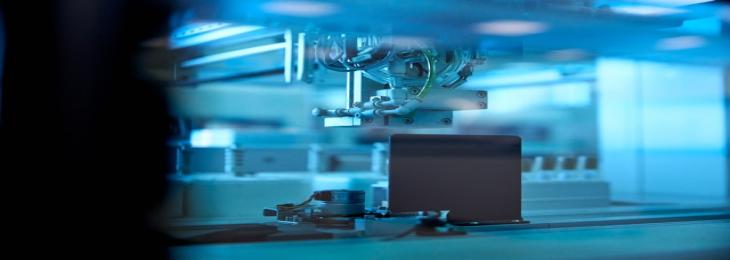Dec, 2021 - By WMR

Scientists of Cincinnati Children’s Hospital Medical Center created sophisticated, most advanced stomach organoids using various types of cells, giving them new abilities similar to the natural stomach. It gives hope that such organoids can be used to repair damaged gastrointestinal tracts in the near future.
Lab-grown mini-organs are witnessing significant advancements, creating innovative methods for scientists to model biological systems, diseases, and advanced therapies. While cell cultures and animal models have been important elements in medical experiments, lab-grown organoids are emerging as a better alternative to translate their results into live human tests.
In a recent study published in the journal Cell Stem Cell, scientists at the Cincinnati Children’s Hospital Medical Center developed the most advanced stomach organoids with multiple cell types that give them abilities such as to produce acid, similar to the natural stomach. Using human pluripotent stem cells that can be induced to develop into various types of body cells, scientists developed three primary germ layers including enteric neuroglial, mesenchymal, and epithelial precursors, required for the development of the natural stomach.
According to Alexandra Eicher, the study’s lead author, they generated stomach tissue from these germ layers, which contained acid-producing glands. These glands were surrounded by smooth muscle layers containing functional enteric neurons that controlled contractions of the lab-grown antral stomach tissue.
After 30 days of development, scientists transplanted the stomach organoids into mice to advance them even further. As the organoids are fed with blood flow in mice and more space, they grew thousand times larger than that in cell culture. The scientists also found the development of other features including Brunner’s gland that secretes an alkaline solution to protect the upper intestine from the acidity of the stomach.
The team suggested applying the technique of developing organoids from multiple precursor cells to other mini-organs for the development of advanced models of biological systems and diseases. They further aim to develop full-sized organs in the lab, especially for transplantation.

We will be happy to help you find what you need. Please call us or write to us: